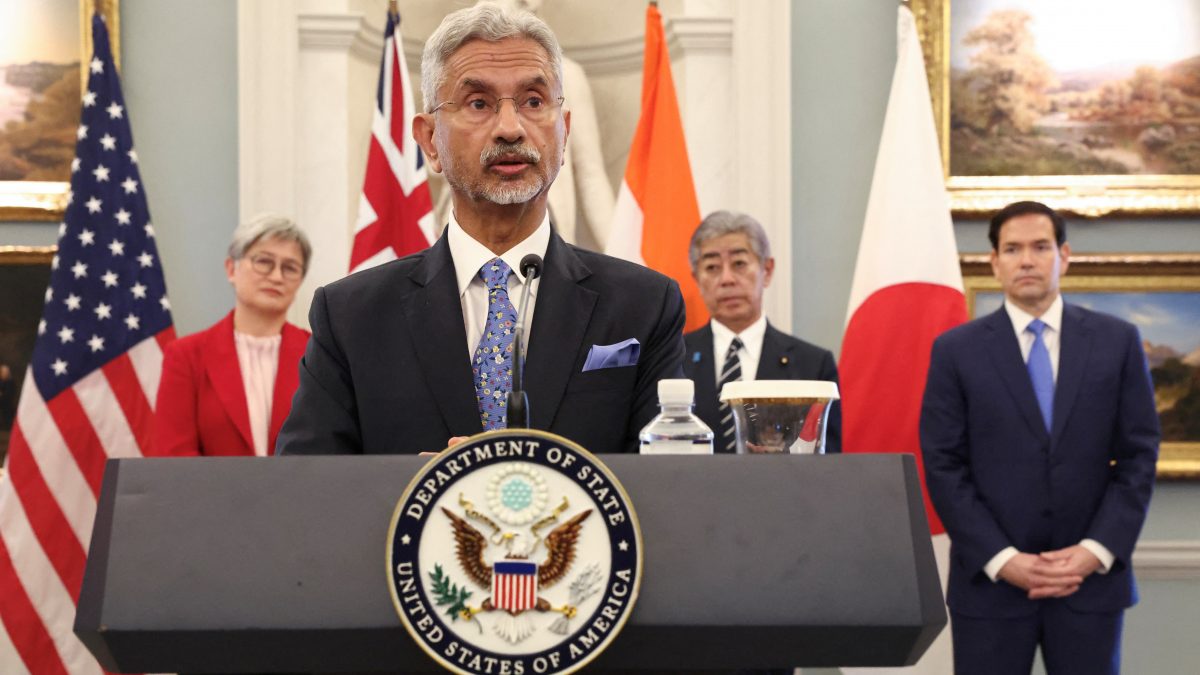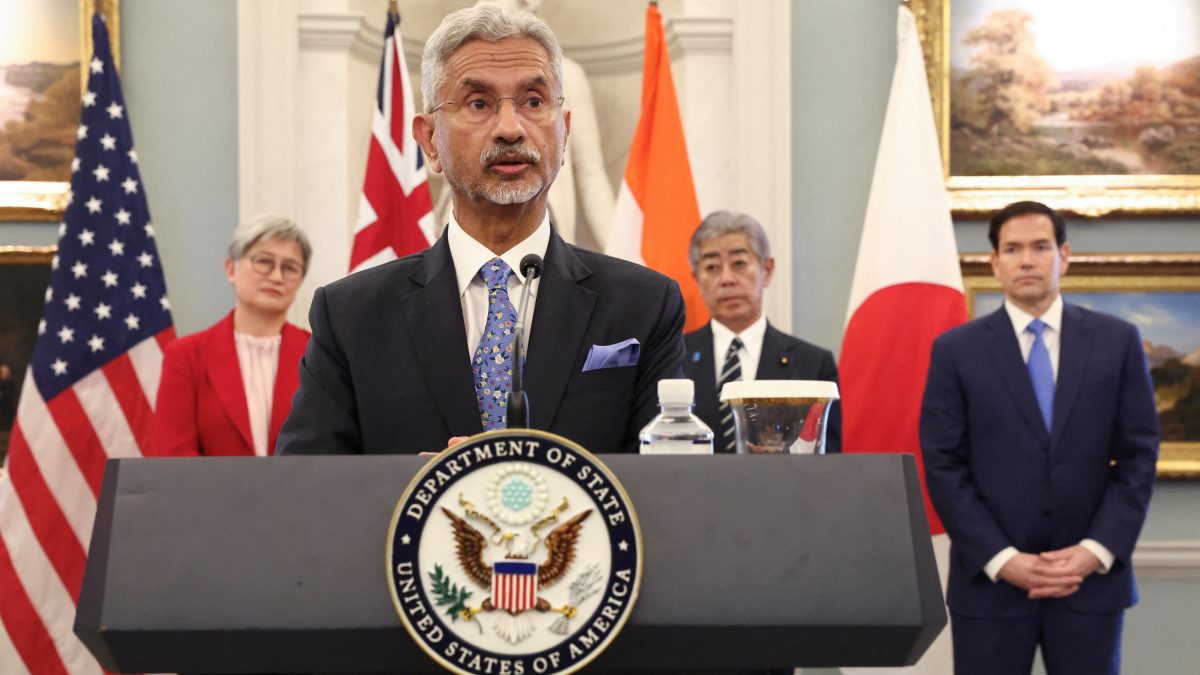Japan has crossed a historic threshold in its postwar political history.
Sanae Takaichi, a conservative veteran long associated with the country’s right wing, was elected as Japan’s first female prime minister on Tuesday, ending nearly eight decades of uninterrupted male leadership.
Takaichi’s election, finalised after she received 237 votes in the 465-member Lower House. The Upper House also confirmed her appointment, paving the way for her swearing-in as Japan’s 104th prime minister.
She succeeds Shigeru Ishiba, who resigned last month following his party’s electoral setbacks and assumption of responsibility for the losses.
Her victory comes after the ruling Liberal Democratic Party (LDP) struck a coalition deal with the Japan Innovation Party (Ishin), a right-wing faction that shares many of her ideological leanings.
The coalition arrangement was finalised on October 20, giving Takaichi the majority support needed to secure the premiership.
Often described as a protégé of former Prime Minister Shinzo Abe, she has also drawn ideological comparisons to Margaret Thatcher, the late British leader she has publicly admired.
Her policies are expected to continue Abe’s legacy of fiscal stimulus, national security assertiveness, and traditional social conservatism.
What does Takaichi’s rise mean for Japan?
Takaichi’s rise has reshaped the country’s political discourse, particularly within the LDP, which has governed Japan for most of its postwar years.
Her leadership is anticipated to push the government further rightward on social, immigration, and cultural issues.
Financial markets reacted sharply to her election. Anticipation of expanded fiscal measures under what traders have dubbed the “Takaichi trade” drove the Nikkei share average to new record highs.
However, this optimism has been tempered by concerns about Japan’s already overwhelming public debt, which remains one of the highest in the world relative to GDP.
After decades of deflation, Japan has recently been grappling with persistent inflation and rising living costs, fuelling public frustration and strengthening fringe opposition groups, including far-right movements.
Many within the LDP hope that Takaichi’s economic pragmatism and public spending approach can restore confidence in Japan’s recovery.
But her economic vision is only one part of a larger question — whether her leadership can alter Japan’s enduring gender imbalance and cultural conservatism.
Why does Japan need gender reform?
Despite being an advanced economy, Japan consistently ranks among the lowest developed nations in gender equality.
In the World Economic Forum’s Global Gender Gap Report, the country stood at 118th out of 148 countries, underscoring how deeply entrenched gender disparities remain.
Efforts to enhance women’s representation in leadership have made little headway. A long-standing government target aimed to raise the share of women in managerial or leadership roles to 30 per cent by 2020, but the goal was later postponed without clear progress.
Women constitute roughly 16 per cent of the Lower House, positioning Japan 141st out of 183 nations in female legislative participation, according to the Inter-Parliamentary Union.
Although the most recent general election saw a record 73 women win parliamentary seats, women remain vastly outnumbered in senior decision-making positions.
At present, the Japanese cabinet includes only two female ministers, a statistic that has barely improved over the last three decades. In the 1990s, having even one woman in a cabinet of 20 ministers was seen as typical.
That reality has not shifted significantly, largely due to the limited number of female politicians with sufficient seniority to be considered for high-ranking posts.
The same imbalance extends to the corporate world. According to a Teikoku Databank survey of over 20,000 firms, more than half of Japanese companies have all-male executive boards, despite women making up a large part of the workforce.
Japan’s female labour participation rate surpasses that of several Western economies, including the United States, but many women remain in non-executive or lower-paid positions.
The persistence of traditional gender expectations — especially around childcare and household management — continues to limit women’s professional advancement.
What hurdles do women in Japan face?
Japan’s deeply rooted cultural expectations often place the responsibility of child-rearing, elder care, and household duties primarily on women.
These norms have made it particularly difficult for women to pursue demanding political careers, especially given the long working hours and travel requirements that come with parliamentary duties.
Lawmakers are frequently required to commute between their home districts and Tokyo, creating additional strain for women who also manage family obligations.
In Japan’s male-dominated political environment, networks and career opportunities are often built in informal, male-only settings.
Takaichi herself described this experience in her early career, recounting the isolation she faced when male colleagues conducted late-night discussions in clubs or saunas.
“Lately, I’ve just given up and started going along no matter where they go,” she wrote in her 1995 book, published two years after first being elected from Nara Prefecture, as reported by the New York Times.
She also reflected on the double standards facing female politicians. “A true era for women will arrive when many female politicians emerge who are neither the mascot type who exploit their femininity excessively, nor the tough-guy type who discard their femininity excessively.”
In recent years, however, female politicians have increasingly faced harassment and prejudice. A 2022 survey of national and local lawmakers found that one-third of around 100 female respondents reported experiencing sexual harassment either during campaigns or while in office.
Instances of casual sexism continue to draw criticism. Earlier this year, former Prime Minister Taro Aso apologised after describing Foreign Minister Yoko Kamikawa as “capable but not beautiful,” a remark that sparked outrage across the political spectrum.
Despite these obstacles, female representation in regional and local assemblies has gradually improved. In Tokyo’s metropolitan assembly, women now account for about 30 per cent of members, and representation in urban local councils has more than doubled to 14.5 per cent in 2021 compared to two decades earlier.
However, in rural Japan, where traditional norms remain stronger, over 220 assemblies still have no female members at all, according to the Gender Equality Bureau.
But will Takaichi advance gender equality in Japan?
For many, Takaichi’s success marks an overdue breakthrough in a society where women have long been underrepresented in positions of power. Supporters view her as a symbol of resilience in an environment dominated by male elites.
Her critics, however, caution that her ideological positions may not advance women’s rights. Takaichi, who has made no claim to feminism, has consistently taken stances that align with traditional conservative values.
She has opposed changing the century-old law requiring married couples to share the same surname, a rule that disproportionately affects women who must adopt their husband’s names.
She has also resisted revising the 1947 law restricting imperial succession to men, despite widespread public debate over the potential succession crisis facing Japan’s royal family.
Such positions have prompted scepticism among gender rights advocates. Some argue that her appointment represents progress in form but not in substance — that Japan’s first woman prime minister may preserve rather than dismantle the structures that have constrained women for generations.
Yet, others believe her ascent could at least normalise female leadership in a nation where few women occupy visible positions of authority. Her supporters highlight that she brings an intimate understanding of the challenges Japanese women face in politics and business.
Takaichi has cultivated a reputation as a tireless worker, once declaring that she would “work and work and work and work.”
Critics argue that this ideal reinforces Japan’s entrenched overwork culture — a societal norm that has often marginalised women, who already bear disproportionate domestic responsibilities.
Long working hours, frequent after-hours meetings, and corporate socialising have long discouraged many women from pursuing senior positions.
Unlike many Western female leaders who frame their success as a victory for feminism, Takaichi identifies herself as a conservative who values continuity and order.
Her admiration for leaders like Margaret Thatcher and her ideological closeness to Shinzo Abe reflect her belief in traditional hierarchies, strong defense policies, and economic revitalization through government spending.
She has, however, spoken openly about women’s health issues, including her own experience with menopause, stating that Japan must “do more to support menopausal women” and improve access to healthcare.
Her views mirror those of other conservative female leaders like Giorgia Meloni, Italy’s prime minister, who similarly promotes a traditional view of family roles while holding the nation’s highest office.
What does Japan’s history tell us?
Japan’s struggle with gender equality in politics dates back to the postwar period. In 1946, when women were first allowed to vote, 39 women were elected to parliament — about 8.4 per cent of the chamber at the time.
Nearly eight decades later, that proportion remains strikingly similar, putting a spotlight on the slow pace of progress.
Structural barriers in Japan’s electoral system and the dominance of internal party politics have limited women’s ability to rise through political ranks.
Party endorsements, factional alliances, and seniority-based promotions are often determined by informal male networks, making it difficult for female candidates to secure influential roles.
Women within the Liberal Democratic Party have historically had to lean toward conservative positions to gain acceptance. Many analysts believe this trend will continue under Takaichi, who may face internal pressures to align with the party’s traditionalist factions.
Nevertheless, her election follows two unsuccessful leadership bids in 2021 and 2024, reflecting both persistence and political adaptability.
Her long campaign to reach Japan’s top office is being seen as an example of determination in a system designed to favour continuity over change.
Also Watch:
With inputs from agencies


)

)
)
)
)
)
)
)
)



